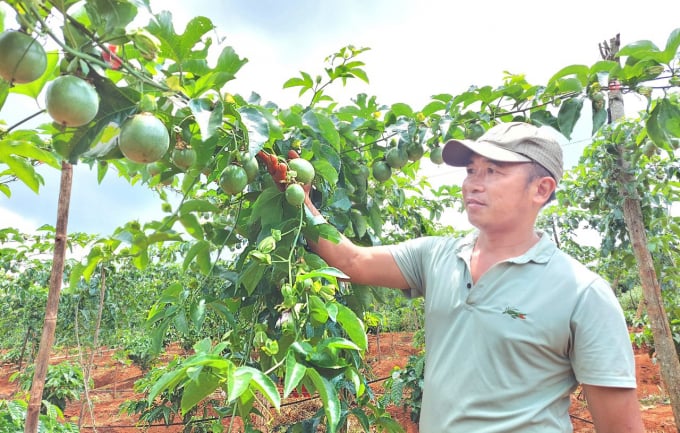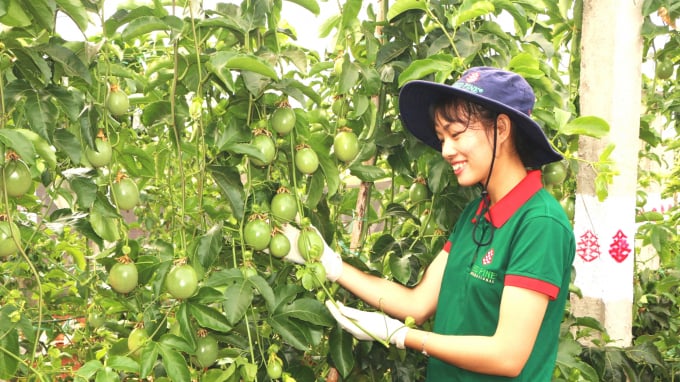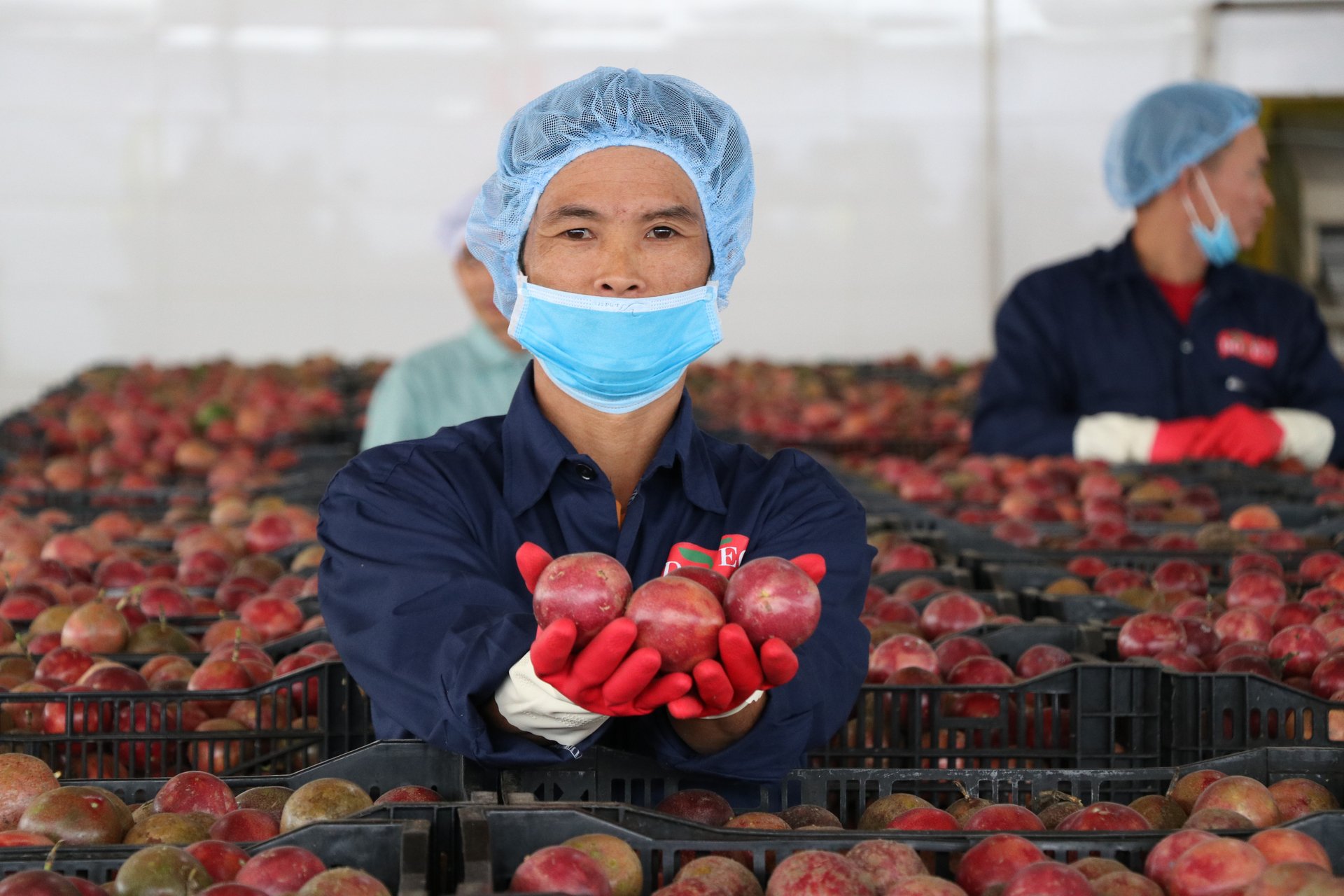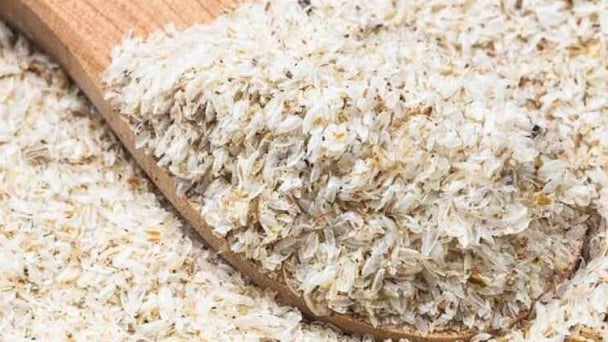May 29, 2025 | 07:03 GMT +7
May 29, 2025 | 07:03 GMT +7
Hotline: 0913.378.918
May 29, 2025 | 07:03 GMT +7
Hotline: 0913.378.918

Passion fruit is a very potential crop in Vietnam. Photo: Van Viet.
On July 21, the Plant Protection Department sent a document to the Departments of MARD of the provinces/cities, research units, organizations and individuals producing and exporting passion fruit and plant quarantine units. The document is related to the consultation on the report on import requirements for Vietnamese passion fruit exported to Australia.
The Plant Protection Department said it had received a notification from the Australian Department of Agriculture, Fisheries and Forestry about the draft “Report on import requirements for Vietnamese fresh passion fruit exported to Australia” and sent it to the Vietnamese side for comments.
Therefore, the Plant Protection Department proposes that localities, associations and organizations and individuals involved in the production and export of fresh passion fruit to Australia abide by the following:
- Requesting units to comment on the above draft report before sending it back to the Australian side. The draft report is attached to the document and posted on the website of the Plant Protection Department (http://sansangxuatkhau.ppd.gov.vn).
- Departments of MARD of provinces/cities direct specialized units to actively review and synthesize planting areas and fresh passion fruit packing facilities that meet the requirements and wish to export to Australia shortly. These facilities need to be ready to supply when required by the importing country.
- Associations, organizations and individuals actively prepare the technical conditions for the growing area at the request of Australia. This is to prepare the export to this market when it has been successfully penetrated.
All comments and lists of growing areas and packing facilities should be sent to the Plant Protection Department (Department of International Cooperation and Communication, phone: 024.3857.0754 and email: htqt.bvtv@mard.gov.vn) before August 20, 2023. Past this time, if the consulted unit does not respond, it is considered to agree with the draft report.

Vietnamese passion fruit is facing the opportunity to officially export to Australia. Photo: Van Viet.
The Australian Department of Agriculture, Fisheries and Forestry (DAFF) has completed the draft assessment report of Vietnam's proposal on access to the Australian market for fresh passion fruit for consumption.
The introduction of the report outlines Australia's ecological protection policy and the purpose of the pest risk analysis for fresh passion fruit imported from Vietnam. This was done to protect Australian agriculture.
The report uses references including research results, scientific evidence and data on pests related to passion fruit production such as Research by Gangwar and Gangwar (2018) on the life cycle, distribution, severity and economic impact of Bemisia tabaci; research by Garcêz et al. (2015) on the relationship between pest density and spread of Cowpea aphid-borne mosaic virus on passion fruit in Brazil. These studies serve to analyze pest risk and recommend risk management measures.
Accordingly, fresh passion fruit harvested from growing areas in Vietnam may be allowed to be imported into the Australian market but must comply with biosecurity requirements. The report identified 11 pest species that pose a biosecurity risk, including fruit flies, aphids, spider mites and thrips (attached appendix).

The Plant Protection Department recommends that associations, organizations and individuals proactively prepare technical conditions for growing areas. This is at the request of Australia to prepare for export to this market when this market successfully opened. Photo: MH.
The Plant Protection Department recommends that associations, organizations and individuals proactively prepare technical conditions for growing areas. This is at the request of Australia to prepare for export to this market when this market successfully opened.
In order to reduce these risks, the draft report proposes a number of risk management measures such as establishing pest-free areas, pest-free production areas or pest-free production facilities. The application of irradiation treatment is considered to be effective in the management of fruit fly species.
DAFF will synthesize comments and further consult with stakeholders. After the review, the DAFF will post the final report on the DAFF website and conclude the pest risk analysis.
The requirements to ensure biosecurity stated in the report will be the basis for developing import conditions and publishing on the BICON system. Before the import conditions are published on the BICON system, the Vietnamese side needs to demonstrate its ability to apply risk management measures to ensure safe trade in passion fruit exports from Vietnam.
Translated by Hoang Duy

(VAN) The import-export turnover between Vietnam and Singapore rose amid a trade rebound, with machinery, electrical equipment, and fuels making up the majority of the transaction value.

(VAN) Director General of the General Administration of Customs of China, Ms. Sun Mai Jun, has pledged to implement measures that will ease the import process for Vietnamese agricultural products.

(VAN) Although Vietnam is still increasing its coffee exports, the industry is currently in the process of determining market strategies in response to the U.S. imposition of reciprocal tariffs.

(VAN) With rising demand in Muslim-majority countries, Halal certification is becoming a critical passport for Vietnamese agricultural products seeking sustainable market access and consumer trust in the Middle East and Africa.

(VAN) Vietnam’s fruit and vegetable exports to the U.S. are rising sharply, and exporters are hoping that any upcoming reciprocal tariffs will be set at manageable levels.

(VAN) Despite meeting quality standards, Vietnamese rice bran exporters still face difficulties with administrative procedures under the new protocol.

(VAN) The U.S. is tightening import tariffs and origin inspections, requiring Vietnamese businesses to proactively prepare in terms of legal compliance, supply chains, and appropriate export strategies.